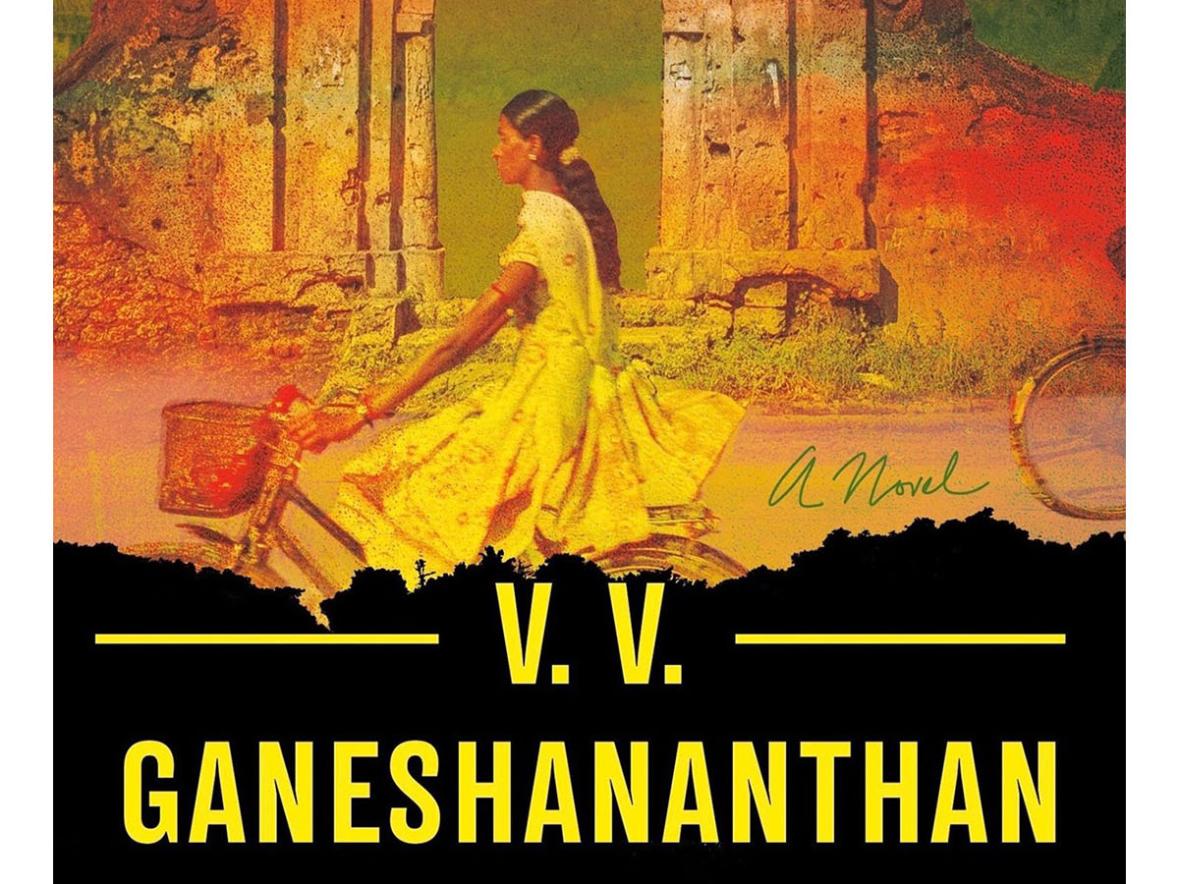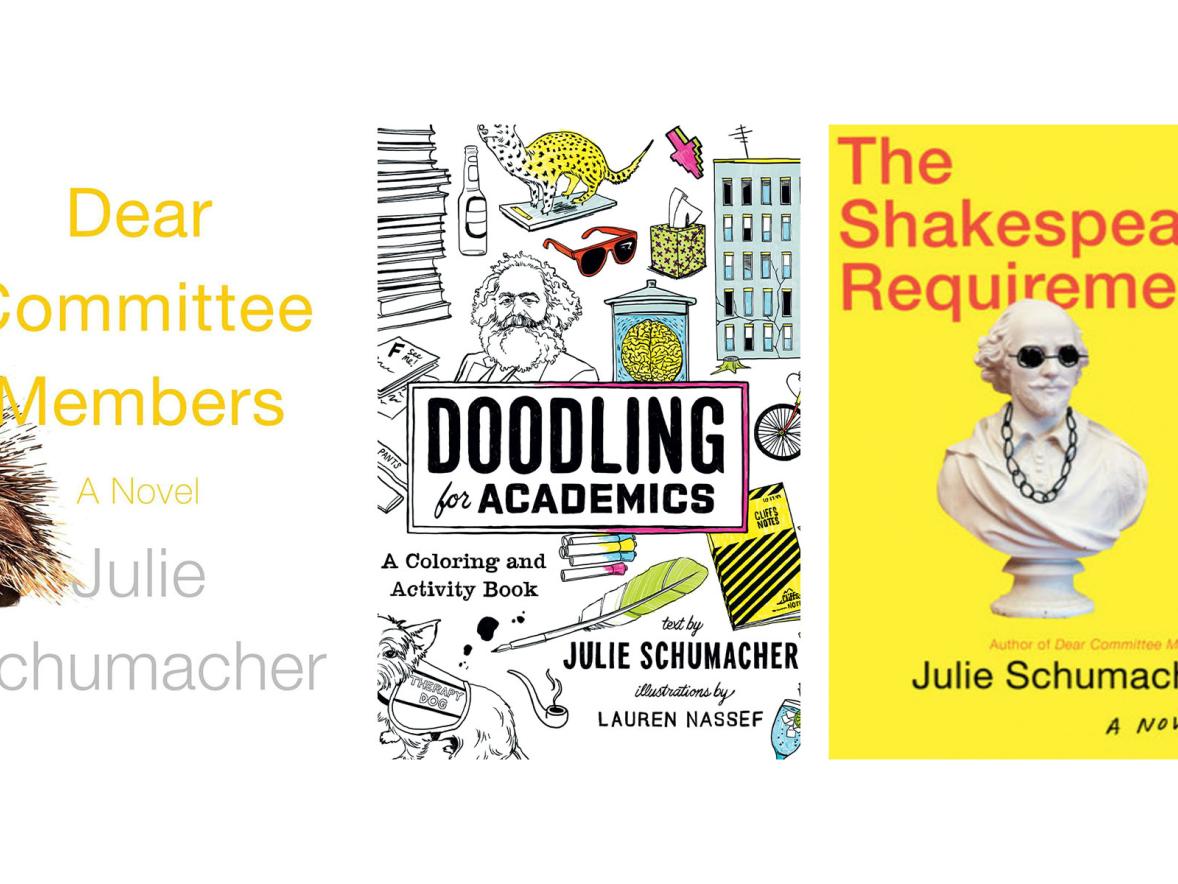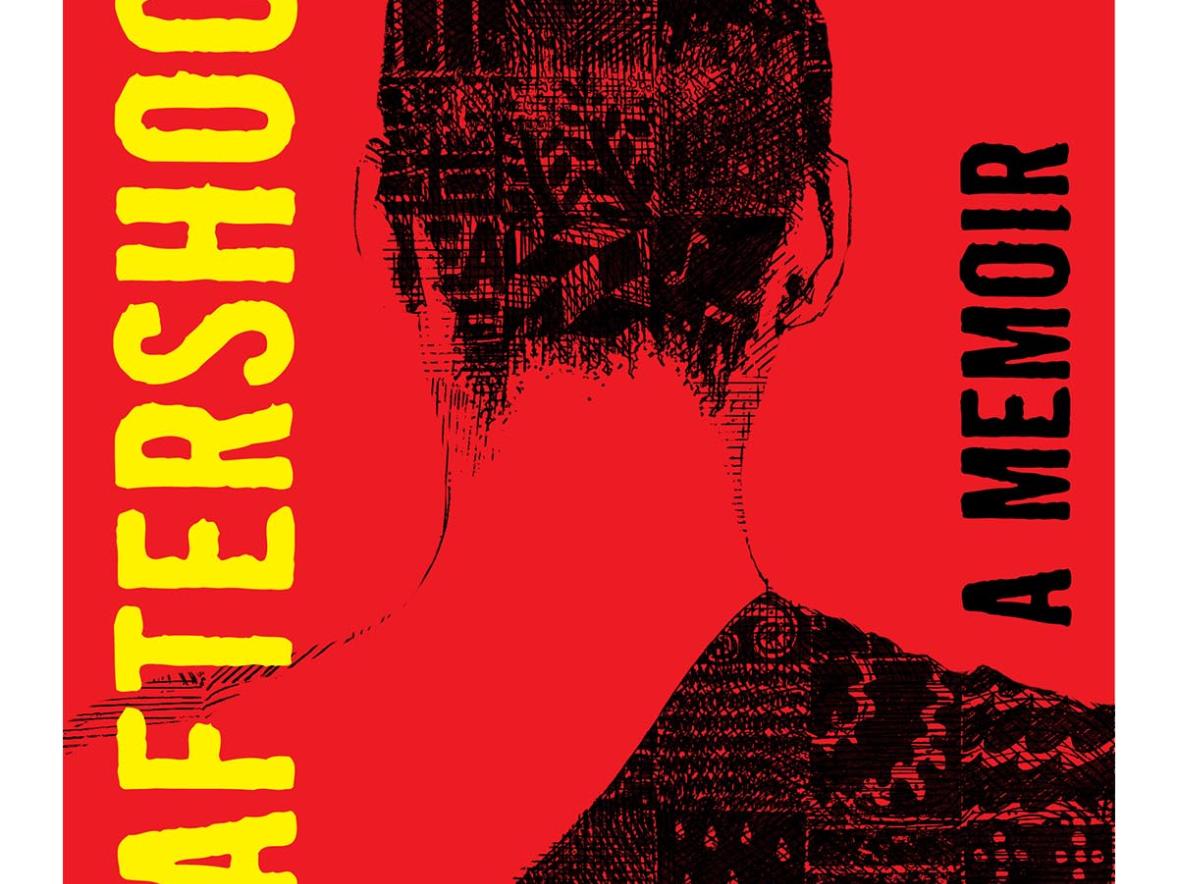The civil rights era was rife with discord. As part of the nation’s population fought for social and political equality, another strove for maintaining the status quo of segregation and denying the liberties of their neighbors.
Graphic novelist Lila Quintero Weaver was 5 years old in 1961 when her family moved from their home in Argentina to central Alabama, just 27 miles from Selma.
As a young immigrant in the Jim Crow South, Quintero Weaver remembers school desegregation. The marches from Selma in support of African-Americans' right to vote and the violence surrounding it were the “hallmark events of the region,” she said.
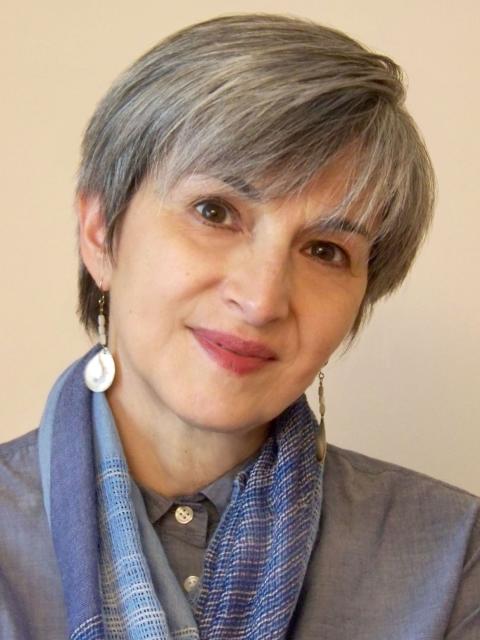
Quintero Weaver will reflect on these pivotal moments in her presentation, “South American Eyes in the American South,” a free virtual event at 7 p.m. on Monday, Oct. 25.
Her presentation is hosted in partnership through University of Wisconsin-Stout and the Chippewa Valley Book Festival, which runs Sunday, Oct. 24, to Friday, Oct. 29. It is made possible with the technology assistance of the L.E. Phillips Memorial Public Library in Eau Claire. Advance registration is required.
Quintero Weaver is one of six national authors participating in the festival. She is the author of the graphic novel “Darkroom: A Memoir in Black & White,” listed on Book Riot’s 100 Must-Read Graphic Memoirs.
“Darkroom” gives an alternate interpretation of the Jim Crow era and expresses Quintero Weaver’s discomfort when segregationist views grew as the civil rights movement gained momentum and eventually led to an urgent need to take a stand.
“Darkroom” may be purchased at Bookends on Main in downtown Menomonie.
‘A good book should make us feel less alone’
Quintero Weaver’s primary inspiration in becoming a graphic novelist was “Persepolis: The Story of a Childhood” by Marjane Satrapi. It was the first graphic memoir she read. She also finds artistic inspiration in street photography, black and white film, collage art and the Dutch masters.
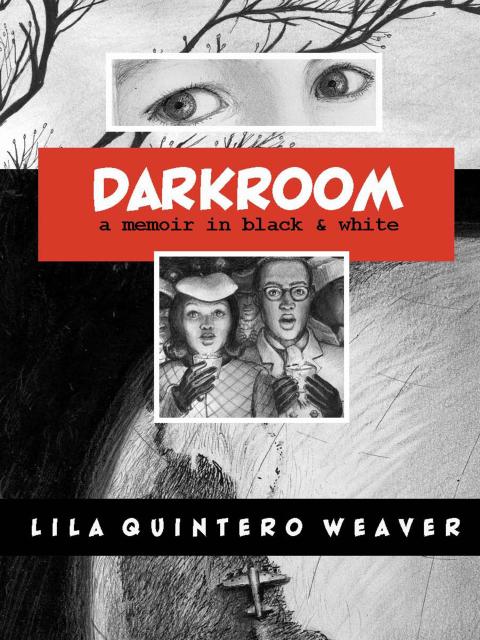
The meaning behind her memoir’s title has two parts. “In the literal sense it refers to my father’s photo-processing darkroom,” she said. “But it also serves as a metaphor for revelation and emerging knowledge.”
Her revelations about the civil rights movement and events in her hometown came in adulthood. “Everything was hush-hush back then,” she said. “I had to dig out the facts on my own – trace this event to that result. But this wasn’t possible until many years had passed and people started speaking their truth.”
Readers have shared their stories with Quintero Weaver, from memories of the Jim Crow era to immigrants who have experienced the sense of isolation she describes in “Darkroom.”
“On college campuses, students have taken me aside to explain why my story clicked with them,” she said. “These are the reactions I treasure, because a good book should make us feel less alone and more connected.”
Quintero Weaver has suggestions for people as they seek to support each other’s differences and move toward more empathy and understanding:
- Read and listen to the stories of people who come from different worlds. Spend time with them, hear them out and afford them the respect we all want for ourselves.
- Step into the shoes of an outsider by traveling or studying a foreign language.
“Since these remedies are nothing new, we should ask ourselves why we don’t do them,” she said. “Is it because we crave belonging and the comfort of the familiar? I think we have to accept that offering empathy often puts us into some level of discomfort. Even so, somebody has to make the first move.”
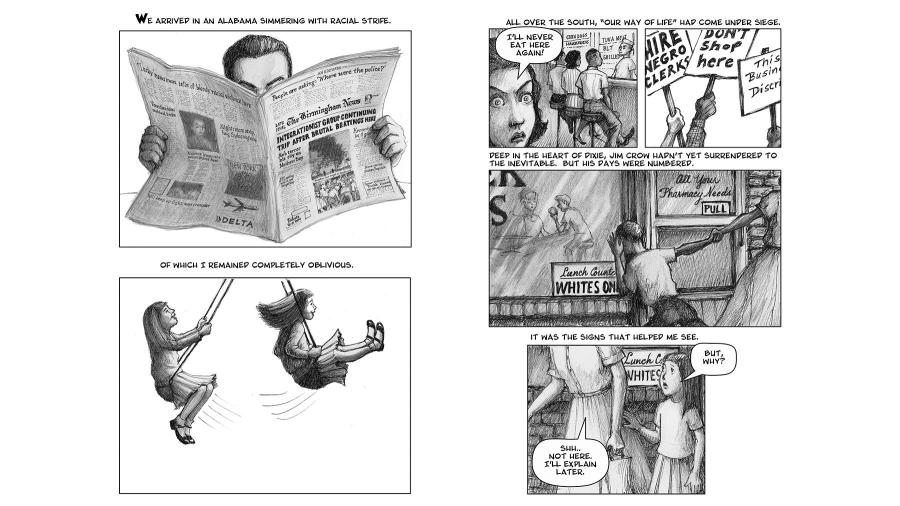
Expanding horizons
The partnership between UW-Stout and the Chippewa Valley Book Festival started in 2018, when the university hosted a reading by Nickolas Butler of his novel “Little Faith.” Before that, Basu took Honors College students to Eau Claire to attend festival readings.
Isa Small, programming and communications services manager at the Eau Claire library, and UW-Stout Professor Lopa Basu serve on the festival’s Authors and Events Committee. Basu is co-chair of UW-Stout’s Literature Committee.
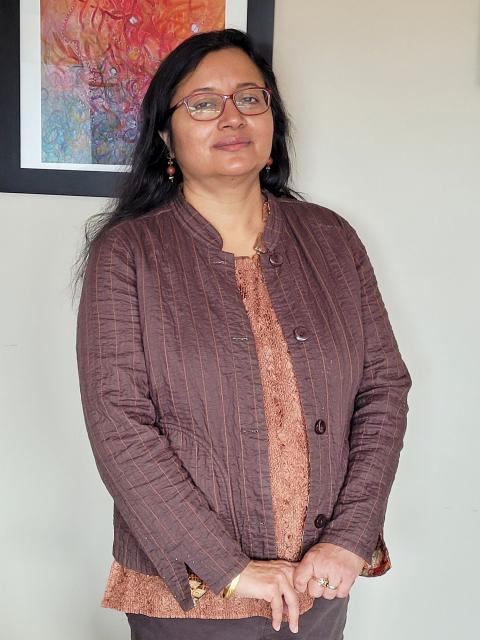
“The Chippewa Valley Book Festival has a long history of partnering with organizations in the valley to host events,” Small said. “Dr. Lopamudra Basu has been instrumental in the partnership with UW-Stout.”
Basu believes the partnership is mutually beneficial. “Stout students are exposed to a wide range of authors and programming. The festival benefits from new audiences and co-sponsorship,” she said. “We hope the partnership can continue in the future.”
“It's always wonderful to expand your horizons and experience reading a different voice, or in the case of Lila Quintero Weaver's work, a different genre of storytelling,” Small said. “I, like many others, tend to stick with what I know I like when it comes to books. But that's why I so appreciate the festival. It provides an opportunity to read outside of my comfort zone and discover some new favorites.”
Reading Across Campus
Quintero Weaver’s presentation is in keeping with UW-Stout’s Reading Across Campus program, which is focusing on another graphic memoir this year. “Fun Home: A Family Tragicomic” by Alison Bechdel explores LGBTQIA+ issues of identity and family trauma and is centered around Bechdel’s relationship with her tyrannical father.
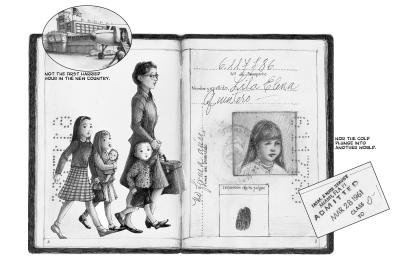
“Many instructors in the English and philosophy department incorporate graphic novels in our composition and literature courses, and we have a comics concentration in the School of Art and Design,” said Basu.
“‘Fun Home’ and ‘Darkroom’ are hybrid artifacts, combining words and images. They speak to issues of equity, diversity and inclusiveness, a university priority for the next strategic plan,” she added.
Basu plans to teach “Darkroom” in her Multicultural American Literature course, this spring. Reading Across Campus is a collaboration between the English and philosophy department, the University Library and Menard Center for the Study of Institutions and Innovation. It is made possible by a grant from the Office of the Chancellor.





